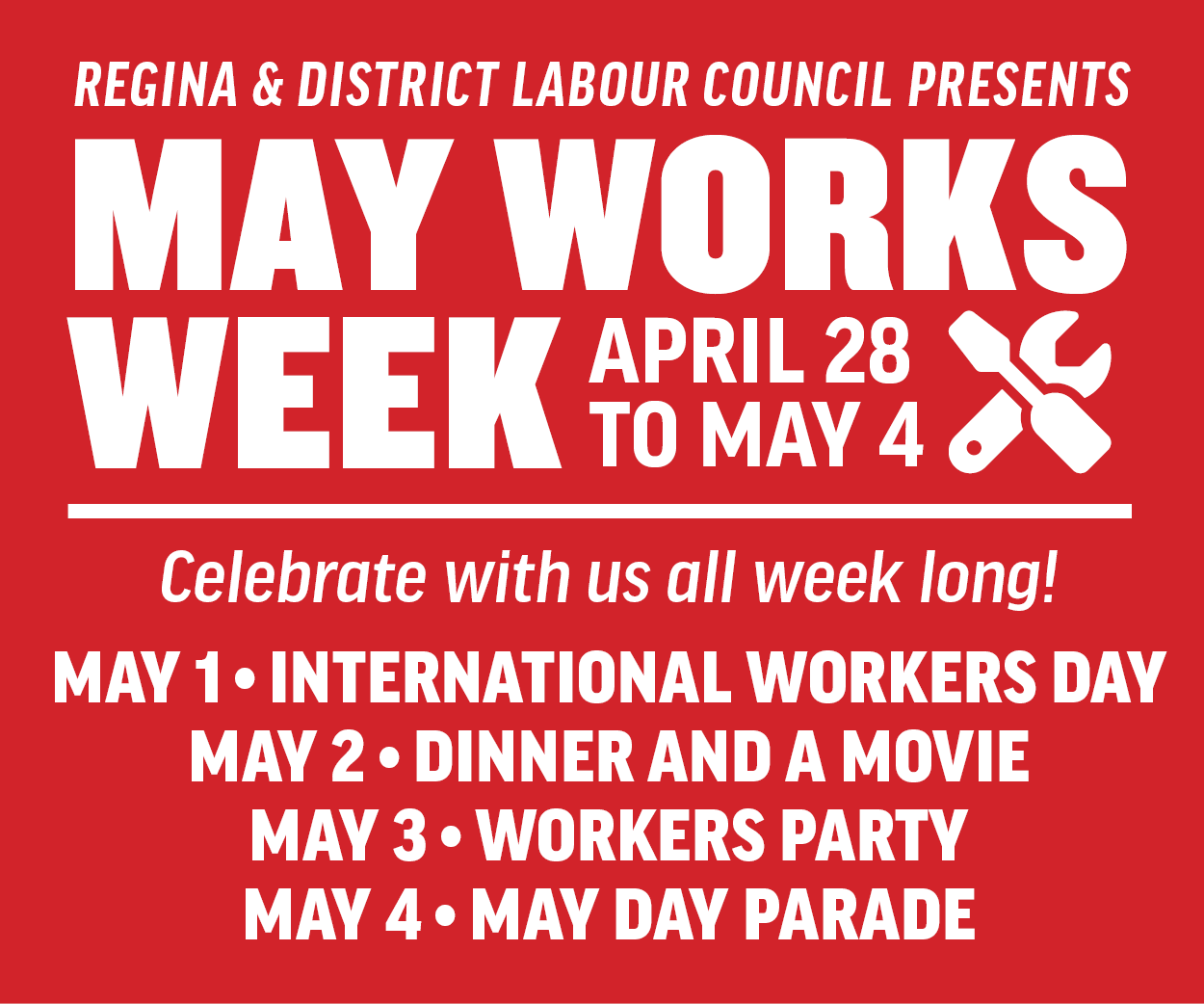I first met Mike O’Brien in the fall of 1986, as we and about 30 others were lounging around the offices of the University of Alberta student newspaper, The Gateway, waiting to be assigned to our billets at a Western Region Canadian University Press weekend conference. I was with the U of R paper, The Carillon, he was the co-editor-in-chief of the University of Victoria student weekly, The Martlet. In the collection of freaks, gay rights activists, punks, poseurs, anarchists, and social misfits that student newspapers attract like hay bales to cattle, O’Brien stood out, wearing relatively short hair and a button down shirt, and keeping his own counsel, except occasionally talking to a thin blonde woman who was the other Martlet co-editor. He looked like Bob Newhart wandering into the middle of the dance floor at a Siouxsie and the Banshees concert.
Until the cancer that took his life May 24 arrived in his life a few years ago, and he undertook the ensuing treatments that caused his hair to fall out, he looked the same in The Gateway office as he did later in life. When he appeared as liquor vendor/insurance salesman Wes Humboldt on Corner Gas’s third episode (the one where Oscar stages a grand national freakout because Wes won’t give him his deposit back for an empty case of old stubby beer bottles), it looked as though Mike found his groove.
In between all that, Mike was an excellent journalist, first at the Martlet, the the Medicine Hat News, then at the Leader-Post, where he morphed into a columnist until, in one of the Aspers’ rounds of cost-cutting, he either was pushed or jumped (can’t remember which) from the paper. It didn’t matter whether he left out of his own free will or was downsized, the newspaper and its readers were the ones who suffered when Mike cleaned out his desk for the last time.
No matter what the story or the subject of the column, Mike always made it look easy, consistently. He never seemed to write so much as storytell, and it seemed as though words flowed out of him the way carbon dioxide flows out of one’s lungs in exhalation. It was simple, it was normal, and it betrayed none of the difficulties or minor miracles to achieve that result.
I doubt he knew me, and I can’t say that I knew him well, except as an admirer of his work. About the longest time I spent in his company ater the WRCUP event was in the spring of 2001, a crazier and simpler time. We were in the public gallery of Fort Qu’Appelle Provincial Court – he was with the L-P, I was the editor of the Fort Times and stringing stories for the Aboriginal Multi-Media Society of Alberta, CBC Saskatchewan, prairie dog, The Globe and Mail, and anybody who would cut me a cheque. We were part of a press pool sent to cover the first hearing of one of the craziest court cases that Jana Pruden and Barb Pacholik haven’t gotten around to putting into a book: the case of Regina vs. Gillingwater, or as it was better known, The Case Of The Do It Yourself Sex Change.
Back in the days when internet newsgroups were still a thing, there was one for transvestites and transsexuals. One such person in the newsgroup, in the fall of 2000, wrote that said he was an Albertan, he wanted a sex change operation, the testosterone from his testicles was a poison in his bloodstream, he wanted to become a woman, but it would take 10 years, lots of operations and lots of therapy. He wanted to speed up the process. Was there anyone who specialized in genital mutilation or body-shaping – more specifically, was there someone who could remove his testicles?
And lo and behold, in Fort Qu’Appelle …
After the hearing, Mike, the rest of the journalistic pack, and I chased after Gillingwater from the steps of the courthouse, through a small park, to the back of the Fort RCMP barracks, where he sought protection from the ravenous horde through the efforts of the same police force that were trying to put him behind bars. Mike and I turned to each other, and laughed at another chapter about to be added to Saskatchewan’s bizarre legal stories. I was about to invite him to a local bakery for a coffee and shop talk when he mentioned he had to hurry back to the L-P office to file his story. I made a mental note: another time.
And now, that time will never come.
It seemed as though – and this, at first impression, is horrible to say – but cancer seemed to bring out the best in Mike, in both his writing (his thebigdiseasy blog) and in his personality. His stories about his cancer treatments appeared to get better as the cancer progressed, so it is true that nothing so galvanizes the mind into concentrating on the important things in life as one’s impending demise. As the countdown to death approached, he made a pointed effort to make sure that his young son remembered who his dad was.
But one thing will always strike me about Mike, even though, as I have said, I didn’t know him well. A year later, I ran into the Martlet co-editor at another Canadian University Press function. When I asked her about Mike, she raved that he had been working at some B.C. interior newspaper, won a few awards, and was now working at the Medicine Hat News. There are few businesses like journalism – and the student press in particular – in which, for all the talk of solidarity, if one was found on a barbecue spit, you could find someone to turn that person over the fire and baste him/her within the quarter hour. And she didn’t have a bad word to say about Mike O’Brien. Nobody did.




